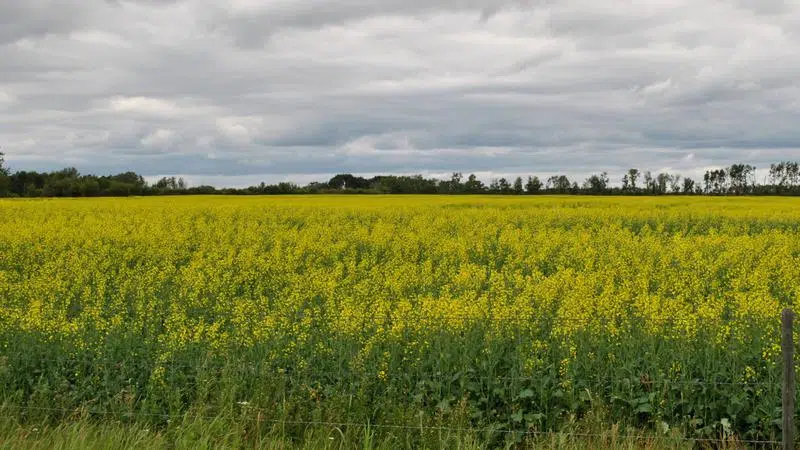
As Ottawa boosts loans for farmers, Sask. producer optimistic China will soon lift ban
Saskatchewan Premier Scott Moe appreciates the changes made for canola farmers and supports the federal government getting back to the table with China.
Moe spoke Wednesday morning, shortly after the federal government announced changes to the Advanced Payments Program (APP) limit, which will be increased to one million dollars for all farmers while the interest free portion will increase from $100,000 to $500,000 for canola farmers.
China has banned some Canadian companies from bringing in canola and imposed tighter restrictions, effectively cutting off the Canadian canola supply.


